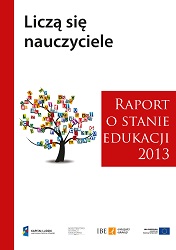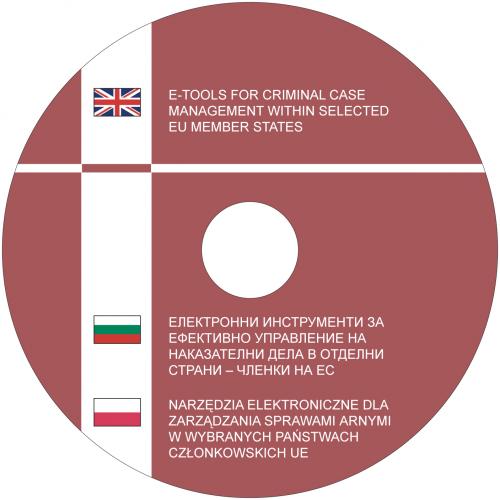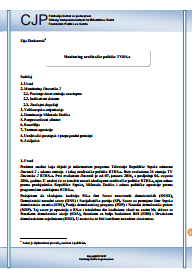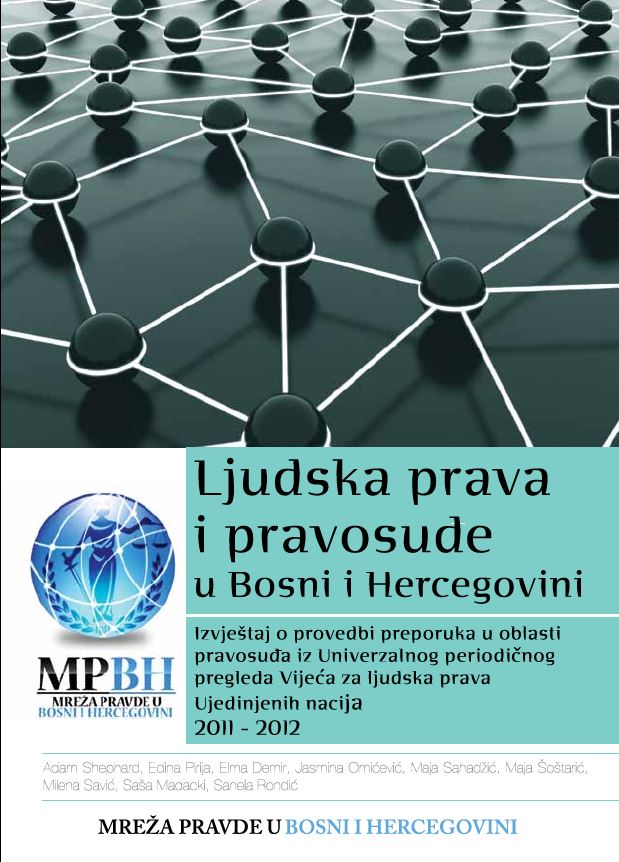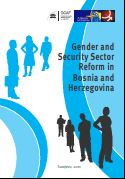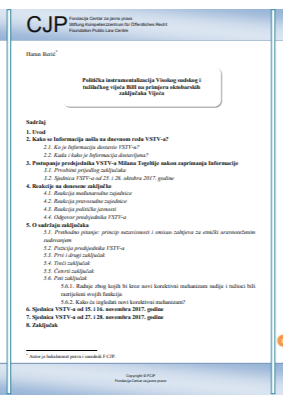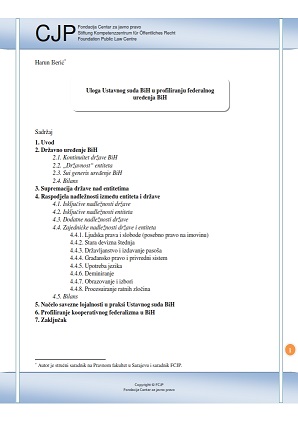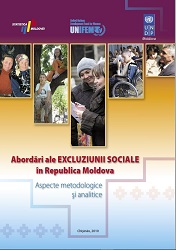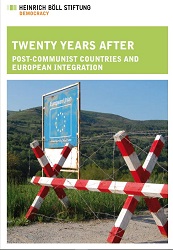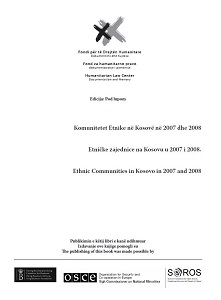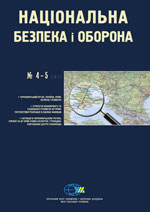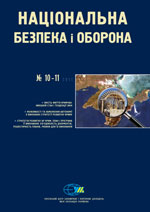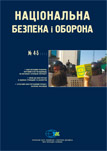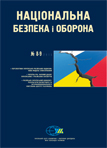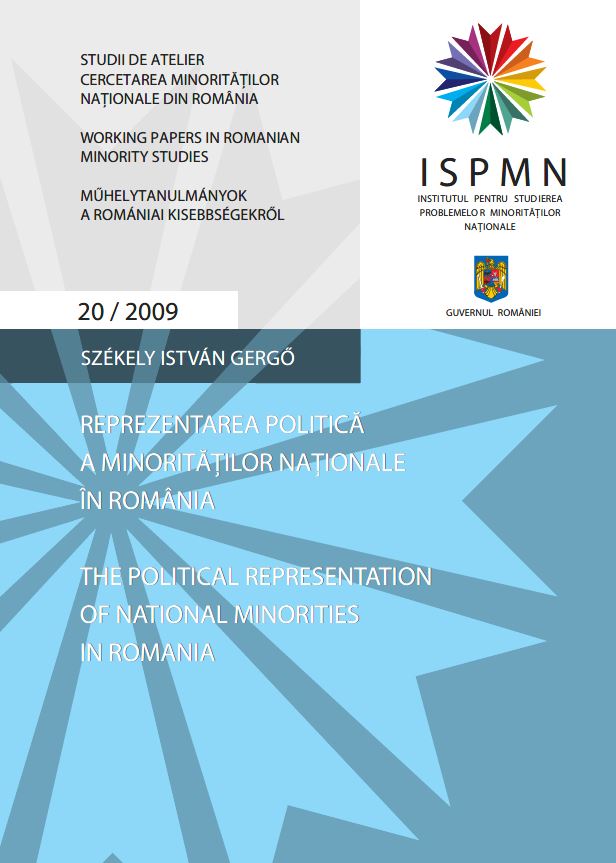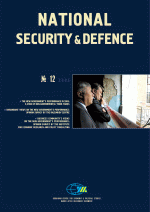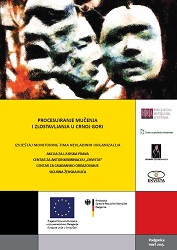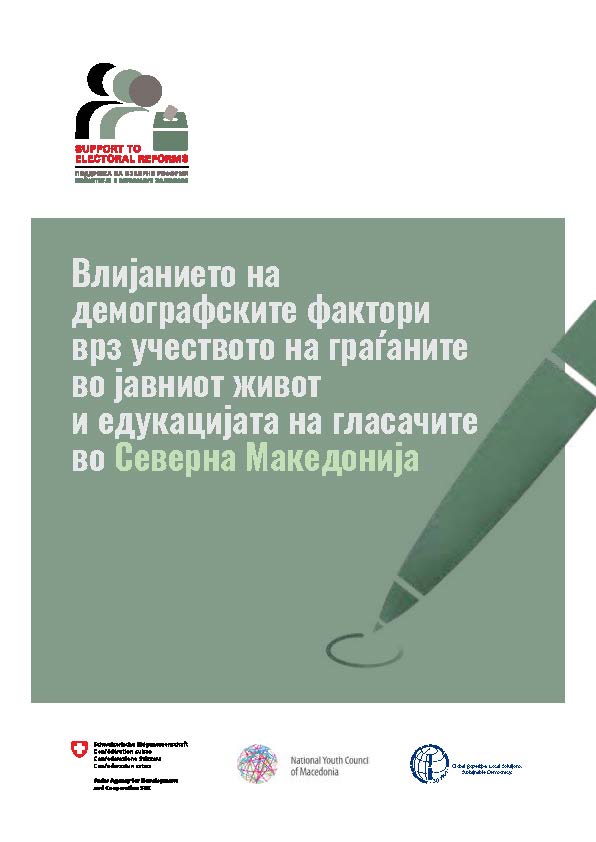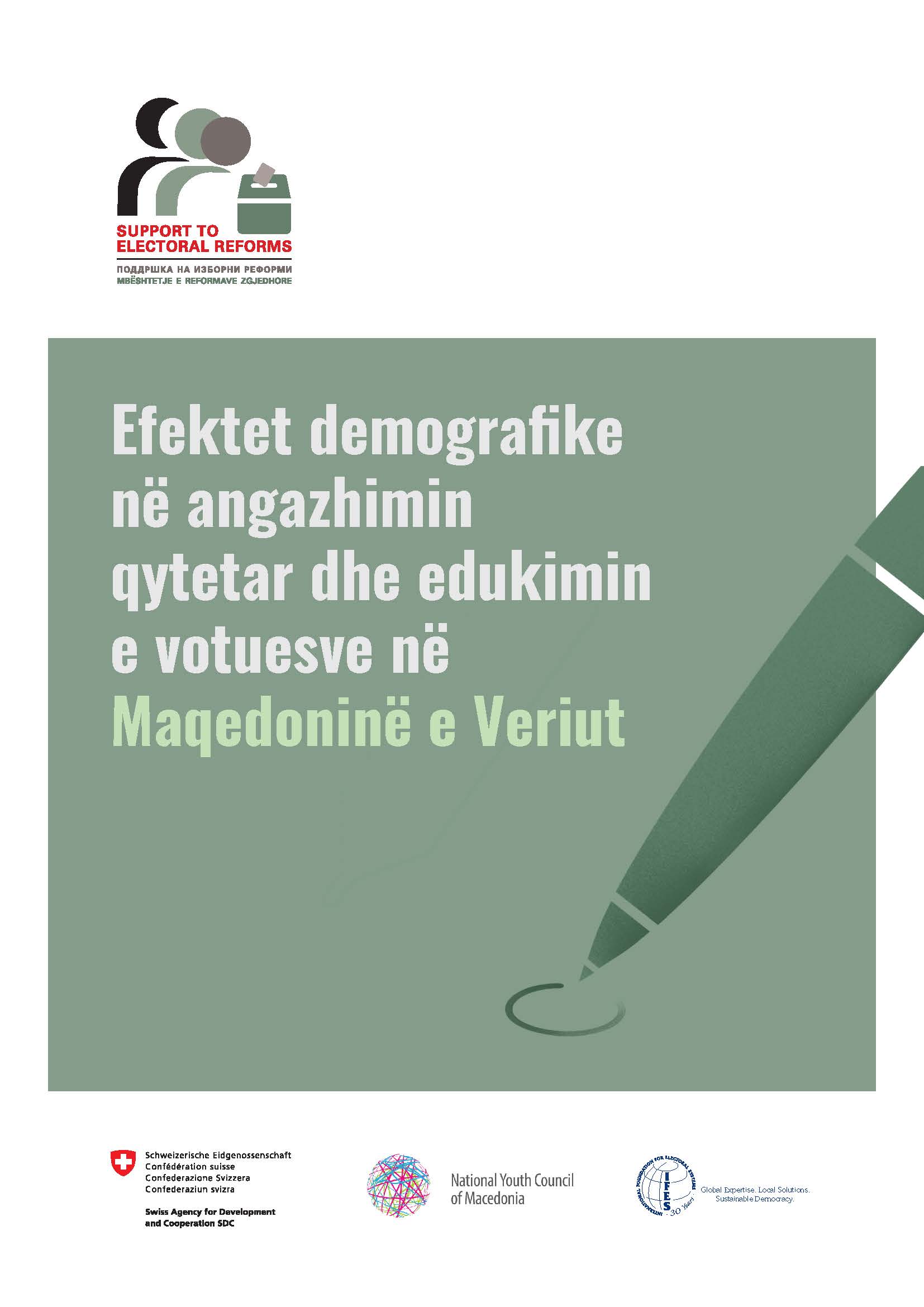LJUDSKA PRAVA I PRAVOSUĐE U BOSNI I HERCEGOVINI (2011-2012) - Izvještaj o provedbi preporuka u sektoru pravosuđa u BiH iz Univerzalnog periodičnog pregleda Vijeća za ljudska prava Ujedinjenih nacija
Author(s): Adam Shephard,Edina Pirija,Elma Demir,Jasmina Omičević,Maja Sahadžić,Maja Šoštarić,Milena Savić,Saša Madacki,Sanela Rondić / Language(s): Bosnian
Keywords: BiH; judiciary; justice; law; human rights; independence of judiciary; discrimination; hate speech; transitional justice; minorities; war crimes; witness protection; sexual violence; human trafficking; evaluation; recommendations;
Since its inception in 1948, with the creation of the Universal Declaration of Human Rights, international human rights regime was based on traditional mechanisms of protection of rights developed by the United Nations (UN), which gave a significant role to the states. Namely, the states are primary actors not only in the international processes of implementation and monitoring of human rights but also in guaranteeing the rights and running the process of self-monitoring and reporting. In the absence of capacities of the UN bodies to directly monitor the human rights situation in all Member States, when member states fail to be sufficiently self-critical, NGOs, whose fundamental role is to monitor and report on human rights protection and advocate for better protection thereof by local government institutions and international organizations, play an important role. Efficient protection of human rights requires a strong engagement of civil society at both, national and international levels, as civil society organizations are the only entities that continuously monitor the situation on the ground and work on raising awareness about existing rights and call the decision makers for accountability in case of their violation. In this way, the United Nations (UN) revised the process of monitoring and reporting on human rights in 2008 by creating the Universal Periodical Review (UPR) as the new international instrument in fight for human rights, which the UN Human Rights Council applies in order to monitor condition of human rights in member states. Recognizing the importance of the Universal Periodic Review (UPR) as a new international instrument for fight for human rights, as well as the new role non-governmental organizations got, the Justice Network in Bosnia and Herzegovina adopted the UPR as a tool in their work already in April 2010. After consultations between the members, the Justice Network joined the UPR process through the development of UPR recommendations for BiH, which were presented by a three-member Delegation of the Justice Network on the 14th session of the UN Council for Human Rights held on 11 June 2010 in Geneva. In addition to the preparation of recommendations and presentation thereof in Geneva, the Justice Network organized and delivered training on this mechanism for representatives of civil society and the justice sector. Also, two roundtables were organized for the same target group, one in Sarajevo and one in Banja Luka, in which conclusions have been defined for more effective implementation of UPR recommendations in the BiH judiciary. Starting from these conclusions, during strategic planinng activities of the Network in 2010 it was agreed that monitoring and reporting on human rights condition in domestic and international institutions as their primary form of action. In this way, Justice Network - which brings together 57 non-governmental organizations whose primary objective is to support government institutions in strengthening the efficiency, independence and accountability of the judicial system of Bosnia and Herzegovina, as well as quality information, education and advocating for the interests of citizens in the justice sector - has identified monitoring and reporting on human rights as an essential mechanism by which it seeks to realize its goals. Development of judicial system in BiH, which effectively protects human rights and promotes the rule of law is not possible without a detailed and continuous evaluation of the system for monitoring of compliance of national legislation with international standards. To this end, a Working Group responsible for development of a “Universal Periodic Review” (UPR) on the situation of human rights in Bosnia and Herzegovina was established, which conducts monitoring of justice sector institutions responsible for implementation of the recommendations from UPR since 2010, which Bosnia and Herzegovina assumed in the field of justice. Representatives of the Association for Democratic Initiatives, the Center for Information and Legal Aid of Zvornik, the Human Rights Centre of the University of Sarajevo, the Association of Prosecutors of FB&H, the Association of associates and advisers in the courts and prosecutor offices in BiH, the BiH Association of Judges, and the Association “Women to Women” have worked jointly on monitoring the implementation of recommendations of the UN Council for Human Rights in judicial sector of Bosnia and Herzegovina. As a result of this work a publication titled Human Rights and Judiciary in Bosnia and Herzegovina: A report on implementation of the recommendations for justice sector in Bosnia and Herzegovina from the Universal Periodic Review of the UN Human Rights Council (2011 - 2012) was developed for second time. The Report on Human Rights and Judiciary in Bosnia and Herzegovina is a continuation of work on the application UPR mechanism, but at the same time, it is also a unique publication of this kind. The aim of publishing of this report is to give an insight into the process of implementation of recommendations issued by the UN Council for Human Rights, or by its member states, which were created in a process of Universal Periodic Review (UPR). Monitoring of implementation of the UPR recommendations by the members of the Justice Network focuses on the judicial system, and includes only those recommendations that have been identified as crucial for improving the justice sector in BiH. In addition to making a general review of protection of human rights through the judiciary, the authors also identified recommendations for decision makers aimed at encouraging the authorities to apply UPR recommendations in justice sector more efficiently and promptly in order to fulfill the assumed commitments of Bosnia and Herzegovina towards the international community and its citizens. We hope that this report will be a useful source of information not only to judiciary but also to NGO sector, and we hope it will initiate and develop the interest of civil society organizations in taking concrete actions in the field of justice. Justice Network will certainly continue its activities aimed at monitoring of human rights protection in the justice sector, and will seek to develop further activities related to reporting to local government institutions and international organizations within the Universal Periodical Review (UPR). Taking as a basis the results of monitoring of the human rights situation in Bosnia and Herzegovina as evidenced in the Report, the Justice Network will implement advocacy activities, and also encourage activities that allow a stronger influence of citizens through civil society organizations in the process of making of new decisions and implementation of existing regulations in the field of justice. In this way, the Justice Network will give its contribution in encouraging an active participation of its members and civil society in the development of an independent, efficient, accountable and lawful actions of the judiciary in Bosnia and Herzegovina. We use this opportunity to thank all those who were involved in the preparation of analyses and development of this publication. Special thanks goes to the U.S. Agency for International Development (USAID), which provides technical support to the BiH Justice Network and its members through the Justice Sector Development Project II (JSDP II).
More...
